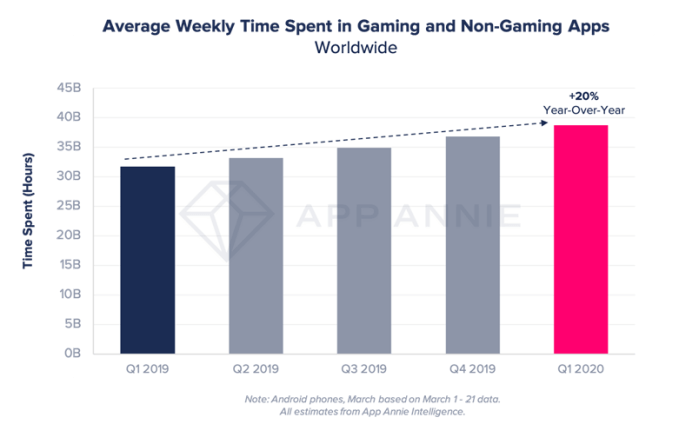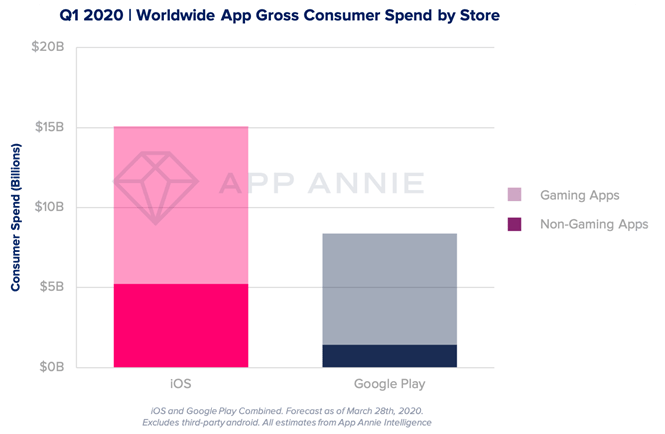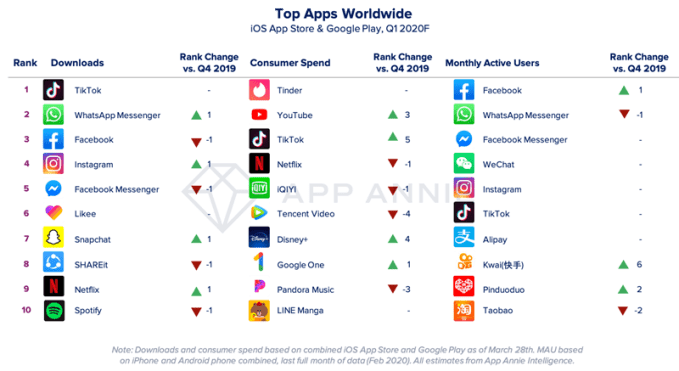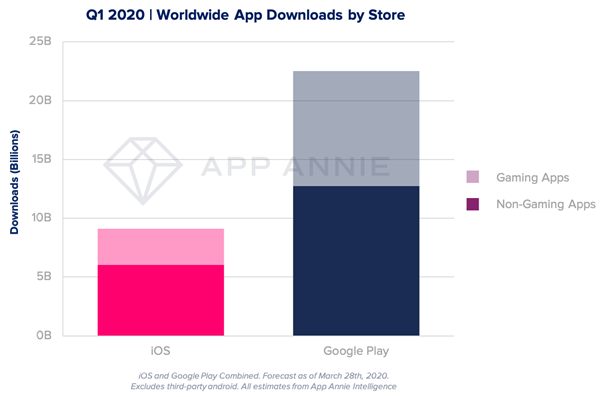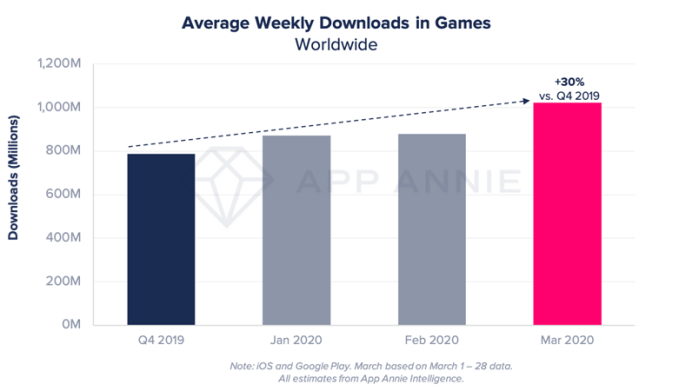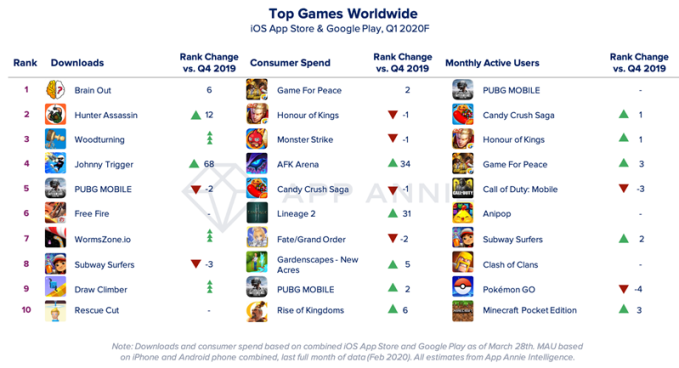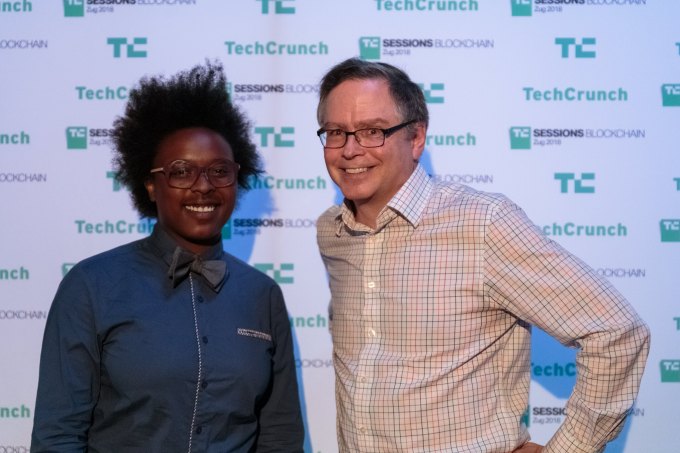Against a backdrop where the life-or-death consequences of biotechnology innovation are becoming increasingly apparent as the world races to develop vaccines and therapies to treat COVID-19, life sciences investor ARCH Venture Partners has raised $1.46 billion in funding to finance new tech development.
The two funds, ARCH Venture Fund X and ARCH Venture Fund X Overage, are the latest in the firm’s long line of investment vehicles dedicated to invest in early stage biotechnology companies.
“ARCH has always been driven to invest in great science to impact human health. There isn’t a better illustration of our principles than our all-in battle against COVID-19,” said co-founder and Managing Director Robert Nelsen in a statement. “The healthcare revolution will be accelerated by the changes that are happening now and we are excited to continue to invest aggressively in risk takers doing truly transformational science.”
ARCH portfolio companies Vir Biotechnology, Alnylam Pharmaceuticals, VBI Vaccines, Brii Biosciences, and Sana Biotechnology are all working on COVID-19 therapeutics; while Quanterix is developing technology to support clinical testing and clinical trial development. Another company that ARCH has backed, Twist Biosciences, has gene editing tools that the company believes can support therapeutic and vaccine development; and Bellerophon, a developer of inhaled nitric oxide delivery technologies, received emergency access approval from the FDA as a treatment to help alleviate respiratory distress associated with COVID-19.
The firm’s Overage fund will be used to take larger stakes in later-stage companies that require more capital, the firm said.
“Our companies bring cutting-edge science, tools and talent to bear in developing medicines for a wide range of diseases and conditions faced by millions. With these two new funds, we are continuing that work with urgency and a deep sense of purpose,” managing director Kristina Burow said in a statement. “We invest at all levels, whether it’s fifty thousand dollars or hundreds of millions, so that each company and each technology has the best chance to advance and change the landscape.”
The two new funds are roughly the same size as ARCH’s last investment funds, which closed in 2016 with $1.1that billion, but are a big jump from the 2014 ARCH funds that raised $560 million in total capital commitments.
The increasing size of the ARCH funds is a reflection of a broader industry trend which has seen established funds significantly expand their capital under management, but also is indicative of the rising status of biotech investing in the startup landscape.
These days, it’s programmable biology, not software, that’s eating the world.
“ARCH remains committed to our mission of the last 35 years, advancing the most promising innovations from leading life science and physical sciences research to serve the worldwide community by addressing critical health and well-being challenges,” said Keith Crandell in a statement. “ARCH has been privileged to found, support and invest in groundbreaking new companies pursuing advancements in infectious disease, mental health, immunology, genomic and biological tools, data sciences and ways of reimagining diagnostics and therapies.”
Managing directors for the new fund include Robert Nelsen, Keith Crandell, Kristina Burow, Mark McDonnell, Steve Gillis and Paul Thurk.

